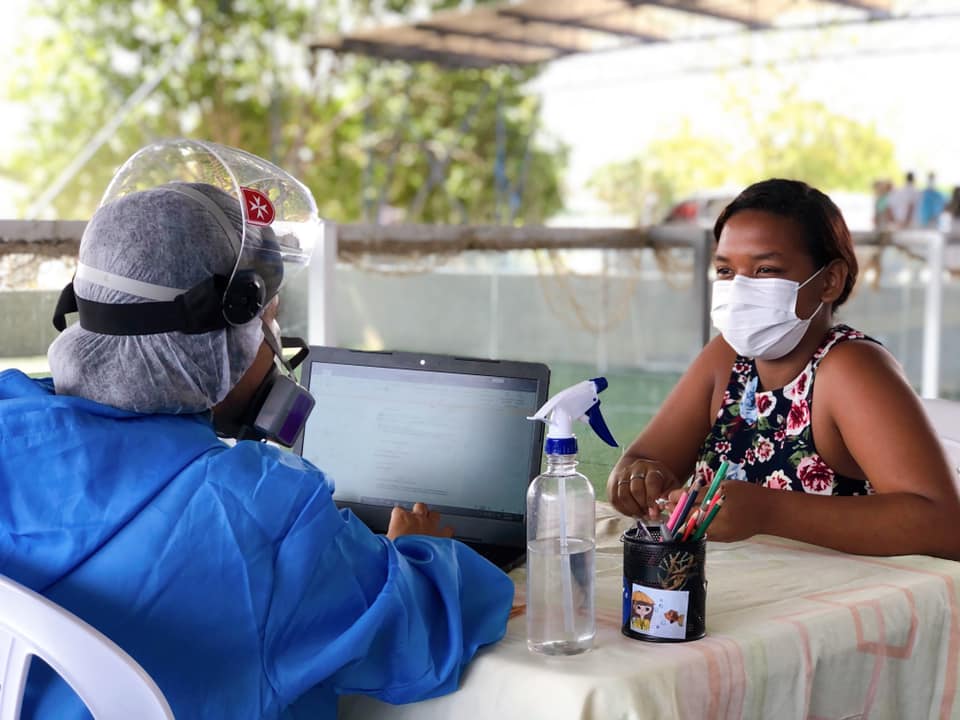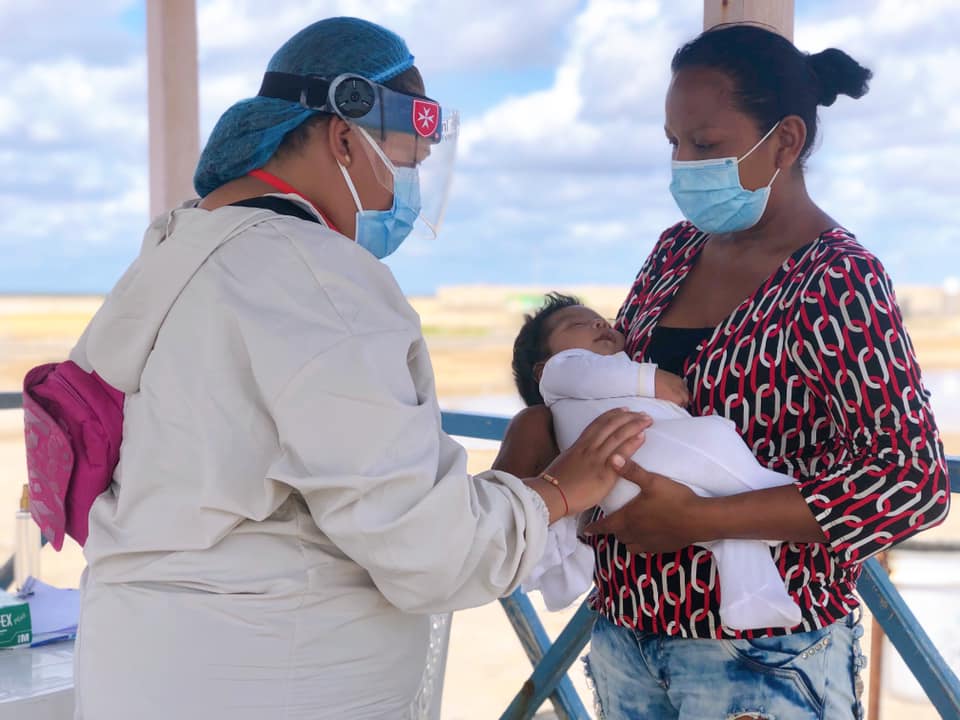South America
Colombia: Closing Gaps in Health for Venezuelan Migrants & their Host Communities – IOM
Why MI Americas is Here:
In partnership with the International Organization for Migration (IOM), the UN migration agency, in a project funded by the U.S. State Department’s Bureau of Population, Refugees, and Migration (PRM), we’re closing the gaps in healthcare for Venezuelan refugees, migrants, and their multi-ethnic host communities. The largely rural state of La Guajira is home to over 150,000 Venezuelan migrants and has only three secondary hospitals servicing a population of nearly 1 million people. With health services pushed to the brink – especially as the region continues to face the COVID-19 pandemic – there is a high demand for humanitarian organizations such as MI Americas to partner with local health providers to provide additional support and capacity to handle the patients.
La Guajira has one of the highest concentrations of indigenous people in Colombia and groups speak different languages and have different traditions and belief systems. In turn, this requires an adaptive health system that responds to the communities’ specific needs as well as the needs of the growing migrant population. MI Americas prioritizes the development of systems and services that adapts to the diverse needs of the populations in serves.
This project focuses on addressing the gaps and barriers to health, including mental health, faced by Venezuelan migrants, refugees, and their host communities, particularly indigenous rural communities and uninsured local residents.
Objectives:
- Reduce barriers to primary healthcare and mental healthcare for refugees, migrants, and multi-ethnic host communities in La Guajira, while strengthening local health service capacity.
- Establishment of the first mental health center in La Guajira.
- Strengthen the capacity of the local partner IPSI Anashiwaya, an indigenous, woman-led healthcare provider, enabling them to expand their reach, serving more people in the long-term.
- Development of culturally-adapted healthcare services that prioritize the communication and cultural needs of the diverse beneficiary populations.
- Working with national and regional health agencies to coordinate activities to create more efficient services and promote alliances.
How we’re Helping:
Culturally-adapted, primary medical services in fixed and mobile clinics in semi-rural areas around Riohacha and Manaure.
- Medical consultations began in March 2021 in Riohacha and Manaure at the IPSI Anashiwaya installation and a mobile clinic is operating in Dibulla and outside Riohacha and Manaure. Both the fixed sites and the mobile clinics include medical personnel, a psychologist, and a social worker.
Closing the gaps in mental health services: offering mental health consultations and opening La Guajira’s first mental health center.
- Mental Health Services: currently four psychologists are offering mental health services in Manaure, Riohacha, Dibulla and in the surrounding areas.
- Mental Health Support Center: housed within the IPSI Anashiwaya, the region’s first mental health center will be an invaluable resource. Over the past year with the COVID-19 pandemic, mental health issues such as depression and toxic stress have been on the rise as many people have been unable to work, and poverty and food insecurity has worsened while people are in constant fear of getting sick. The mental health center also aims to be a resource for front line workers such as doctors, nurses and humanitarians.

